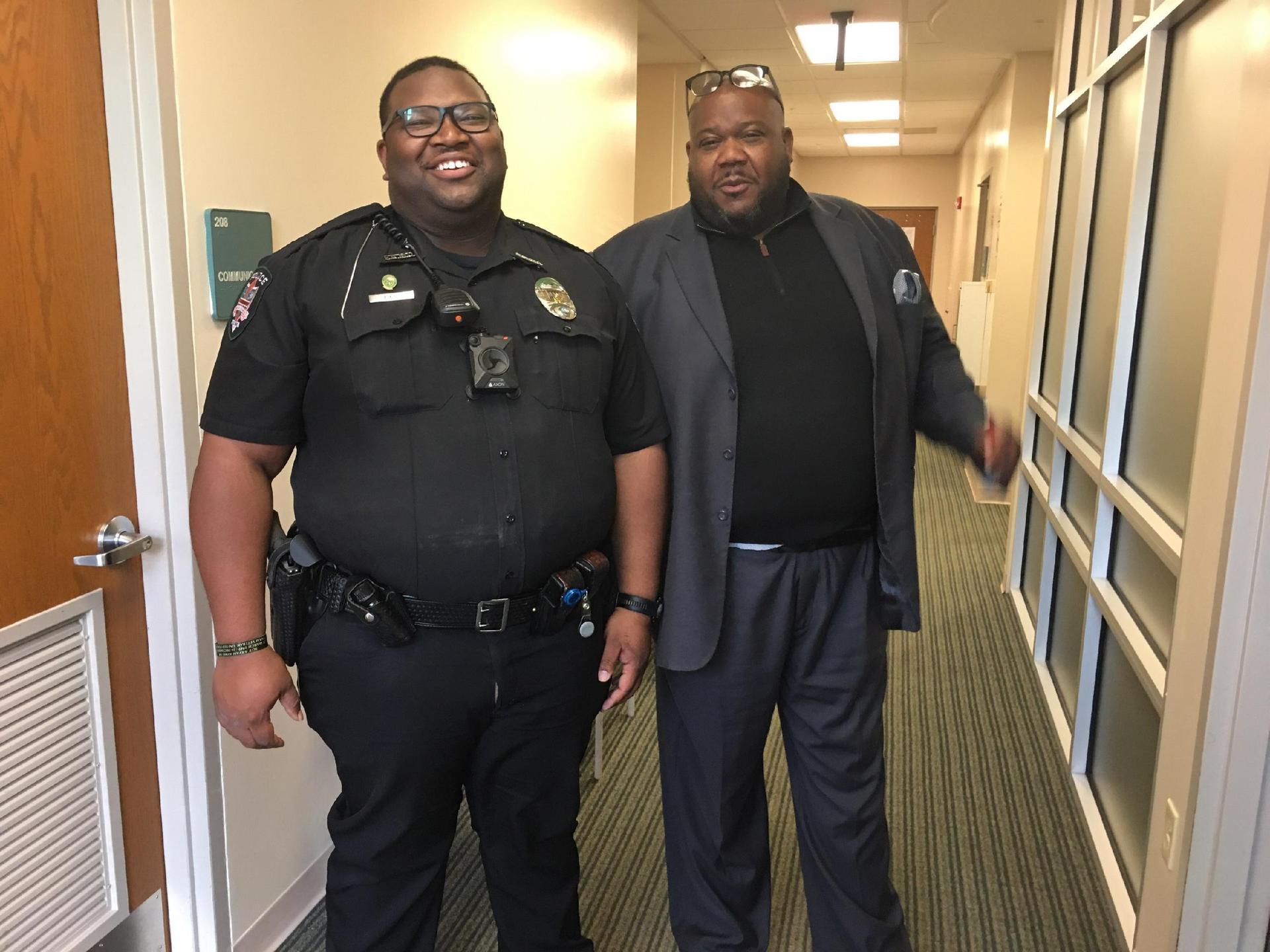Safety and Security


SAFETY AND SECURITY FAST FACTS
When visiting FAMU DRS please remember to:
• Park in the Wahnish Way parking lot. Please do not park in a reserved, employee, or student parking space. Please park in a space facing Wahnish way.
-
Jessica Lunsford Act: Background screening requirements pursuant to florida law for certain non-instructional school district employees and contractors states in part-"Non-instructional school district employees or contractual personnel who are permitted access on school grounds when students are present, who have direct contact with students or who have access to or control of school funds must meet level 2 screening requirements as described in s.1012.32."
School Zones
Please adhere to the posted 20 mph school zone signs on Wahnish Way and Orange Avenue. The flashing school zone lights are as follows:
Mornings - 7:30 a.m. - 9:15 a.m.
Afternoons - 2:30 p.m. - 4:15 p.m.
 Family links to ensure safety and security
Family links to ensure safety and security
Please feel free to visit these websites to help your family be safe at all times.
- Parent Guide to Internet Safety
- NetSmart Workshop
- Teen Online Safety
- Teens Staying Safe
- Safe Florida
- www.isafe.org
- www.familywatchdog.us
Bullying & Harrassement
FAMU DRS School District believes that all of its students and school employees be afforded an educational setting that is safe, secure, and free from bullying and harassment of any kind. At FAMU DRS bullying and/or harassment are Level III Student Code of Conduct infractions and are major acts of misconduct. Bullying and/or harassment will not be tolerated and disciplinary action will be taken. In addition to school consequences, criminal charges may also be filed. FAMU DRS is a Bullying zero tolerance school district and school.
- Bullying Policy
- Bullying/Harassment Prevention at FAMU DRS
- Kid Webisodes on Bullying
- PBS's Bullying Resources
- Florida Department of Education Office of Safe Schools

SAFETY AT HOME
Parents/Guardians should regularly update and review their home emergency plans with their child(ren).
- Talk to your child about personal safety.
- Have home emergency plans in place for emergencies such as evacuations, inclement weather, medical emergencies, lost key(s), break-in, etc. Regularly REVIEW and PRACTICE these plans with your child(ren).
- Teach your child(ren) how to recognize danger signals and to be aware of his/her surroundings at all times.
- Ensure your updated contact information and emergency contact information is on file with the school registrar. (This is particularly important if any of your contact information, especially phone numbers, have changed)
- Ensure your child(ren) knows how to reach you at all times.
- Ensure your child(ren) knows what to do and/or where to go if there is an emergency and no one is at home.
- Ensure your child(ren) knows what to do if he/she loses his/her key and cannot get into the house.
- Ensure your child(ren) knows what to do if he/she has to come home early and no one is at home.
- Ensure your child knows the sounds of smoke detectors, carbon monoxide detectors, fire alarms, and sirens. Ensure your child(ren) knows what to do if he/she hears any of these alarms/sirens at home or in a public location.
- Be sure to know what radio/television stations to listen to for emergency information.
- Have a designated "meet spot" a safe distance away from the house in case you have to evacuate.












